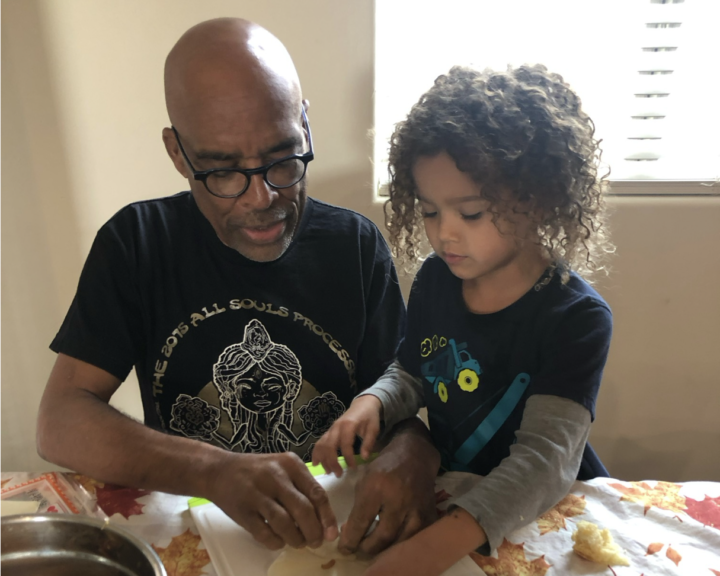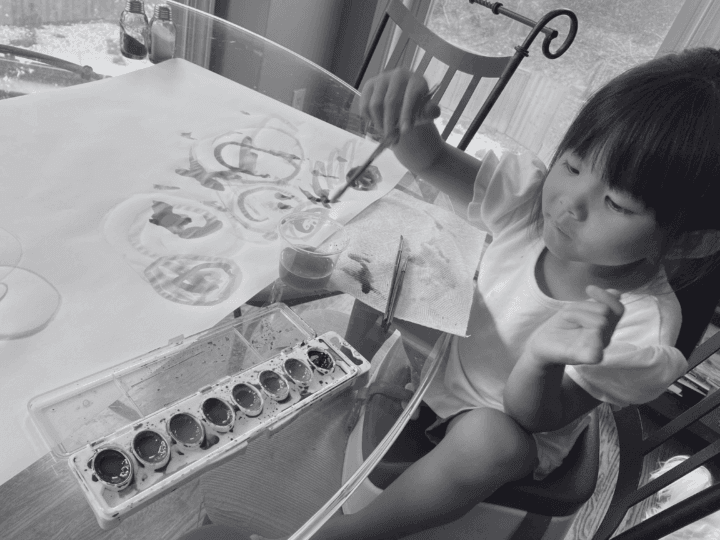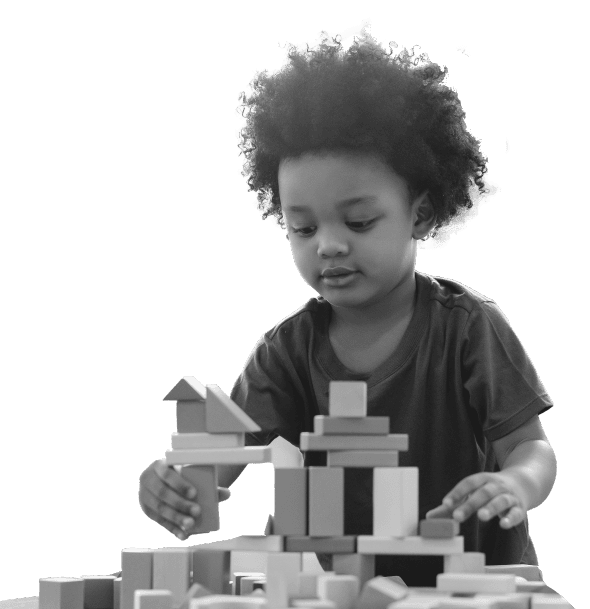This blog was written by Julia Connolly, LFC Team Member
All cannot be right with the world, always…or maybe ever? We know this, we feel this, we sit with this unpleasant truth often. And it’s uncomfortable. But I find solace in knowing that while all cannot be right with the world, it can be right within myself.
(Begrudgingly) accepting that I can’t control everything around me, I’m learning to lean into what I can: how I show up.
I’m already feeling a difference: by choosing to live in alignment with my values, I feel more whole, more well, and more ready to be the kind of community member the world needs.
What does it mean to live our values?
Let’s clarify what we mean when we at LFC say “values.” A few interpretations float around, and they’re easily confused with opinions and beliefs, so to be sure we’re on the same page:
There are opinions: “a view or judgment formed about something, not necessarily based on fact or knowledge.”
There are beliefs: “something one accepts as true or real.”
And there are values: “a person’s principles or standards of behavior; one’s judgment of what is important in life.”
(Definitions from Oxford Languages)
Opinions and beliefs are more concrete and applied—they may shift and evolve throughout our lives. They are about things like lifestyle and public policy. Values, meanwhile, are foundational and embodied. They reflect what we hold most deeply, like, “What matters most in this world is love, connection, and creativity.” They shape opinions and beliefs, and offer a lens through which we can examine them.
And here’s the thing—not all values are inherently good. History and current events show us that people can commit to values rooted in fear, control, or exclusion. So I want to be clear that when I talk about living our values, I’m speaking of the ones that center humanity—love, care, connection, equity, and dignity.
These are the values I believe most of us share, and the ones I trust can help us feel whole within ourselves and build a better world.
At LFC, we’ve embraced the idea that living our values means bringing them out of our heads (and even our mouths) and into our daily choices. It shows up in how we speak to strangers, how we respond in moments of tension, how we spend our time, what we advocate for, and what we’re willing to examine in ourselves. It’s not about being perfect or always certain. It’s about our willingness to do an “inside check,” as my mom has always said, noticing our inner dialogue and emotions, and asking honest questions that help us realign. Living our values is about how we show up, every day, in every interaction, and in every moment alone.
Why does it matter?
For our insides…
You know that uneasy feeling that ripples through your body when you’re not sure what the right thing to do is? Or that churning in your stomach when you know and choose differently? At every turn, we face a choice: to live our values, or not to. And a choice that might seem easy or convenient, when in conflict with our values, is secretly riddled with consequences!
I know I feel remarkably better when I’m not at war with myself, fighting my better judgment and inner compass. When I am living without internal resistance, I am living with movement and momentum. I feel boundlessly more grounded, more clear, more creative, and more powerful. My passion is born when I work in collaboration with all of myself!
For the world around us…
Just for a moment, consider the space you could create for expression, connection, and cultivation, if you practice the self-care of living aligned with your values. Now imagine a world where we all follow that same commitment.
If we all could live our values—consistently making healthier, kinder, more caring choices, treating ourselves and each other like human beings, showing up as energized community members, ready to “be the change we wish to see in the world”—we’d be living in a much brighter reality.
How do we do it?
Living our values is one of those “easier said than done” initiatives. So let’s start slowly: first, we get in touch with what our values really are. Then, we name them. With this renewed sense of clarity, we can do the brave work of filtering our thoughts, decisions, actions, and interactions through that lens.
It doesn’t mean we’ll always get it right, or that the path will be crystal clear. But using our values as a compass helps us move through uncertainty with more intention. It gives us a way to check in: Does this choice reflect who I want to be? Will it contribute to the kind of world I believe in? Living our values means choosing alignment again and again, even when it’s uncomfortable, inconvenient, or requires courage. That’s where integrity and real power live.
What happens when we can’t?
Our executive director, Nichole Parks, shared a story about witnessing a moment of injustice and staying quiet:
“I was part of a group that had come together from multiple states for a shared purpose. During introductions, one woman said her name, and another person blurted out, “Wow, that’s a mouthful.” The room fell uncomfortably silent. The woman looked down, her energy shifted, and she became noticeably quiet for the rest of the conversation.”
Again and again, she replayed the interaction in her mind, wondering: Why didn’t I speak up? Do I only talk about respect, or do I live it? Nichole knew the exclamation was hurtful and felt an instinct and duty to come to the women’s defense, but she froze.
This story resonates with me because I can’t begin to count the times I’ve found myself in a similar situation—compelled to act but stymied by anxiety. Often, our anxiety is futile, serving to protect us against trivial threats, like awkwardness, or unrealistic ones, like an impending doom. But sometimes it does its job, keeping us safe from environments or dynamics that could hurt us. Knowing the difference—practicing discernment through the discomfort—is key.
Upon deeper reflection, Nichole realized the anxiety that led her to freeze was valid and offered herself grace. But how, in those unsettling moments, do we make the choice?
We can’t always predict when or why we’ll need to take a stand, but the better we understand ourselves, the more grounded we’ll be when those times arise. These questions can help us prepare:
Personal Reflection
- What values of mine feel challenged here?
- If I stay silent, how might I feel later?
- Am I grounded in clarity—or reacting from emotion?
Assessing Risk and Impact
- What are the possible consequences of speaking up—for me and for others?
- Could my words help—or cause harm?
- Is there a safer or more supported way to speak up?
Exploring Options
- Can I ask a question instead of making a statement?
- Might a different time or setting be more effective?
-
What does courage look like right now?
If, ultimately, we decide it’s too risky to speak out or take action in the heat of the moment, we can still stay aligned with our values. For example, after the meeting, Nichole might have approached the woman to express empathy. She could have sent a note to the group emphasizing the importance of upholding their cultural values. She also could have pulled aside the individual who made the comment and thoughtfully shared her concern.
The “right” decision depends on the desired outcome. In Nichole’s case, would she have wanted the woman to feel seen and supported? To facilitate a cultural reset? The commenter to think twice next time?
These questions are in your hands, and so long as you’re asking them and reflecting honestly, you can rest assured—you’re doing your best and living your values. What a relief! How empowering!
Living our values requires intention, perhaps even dismantling and redesigning lifelong habits—but it’s a practice that brings us closer to ourselves and to the kind of world we aspire to live in. Each choice, each moment of reflection, is an opportunity to realign.
Listen to our recent podcast episode on “Living Our Values” here.






